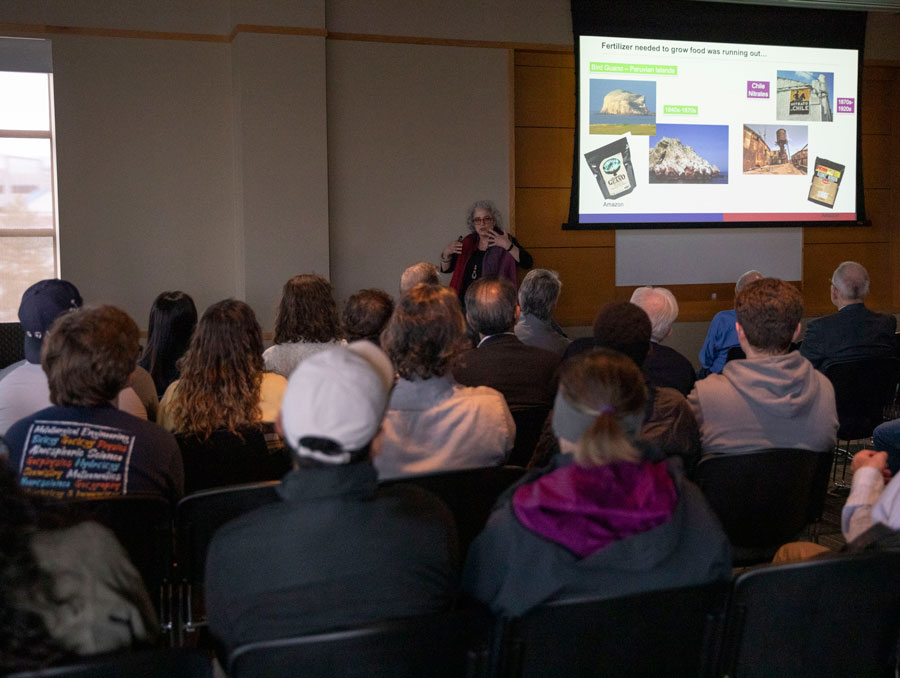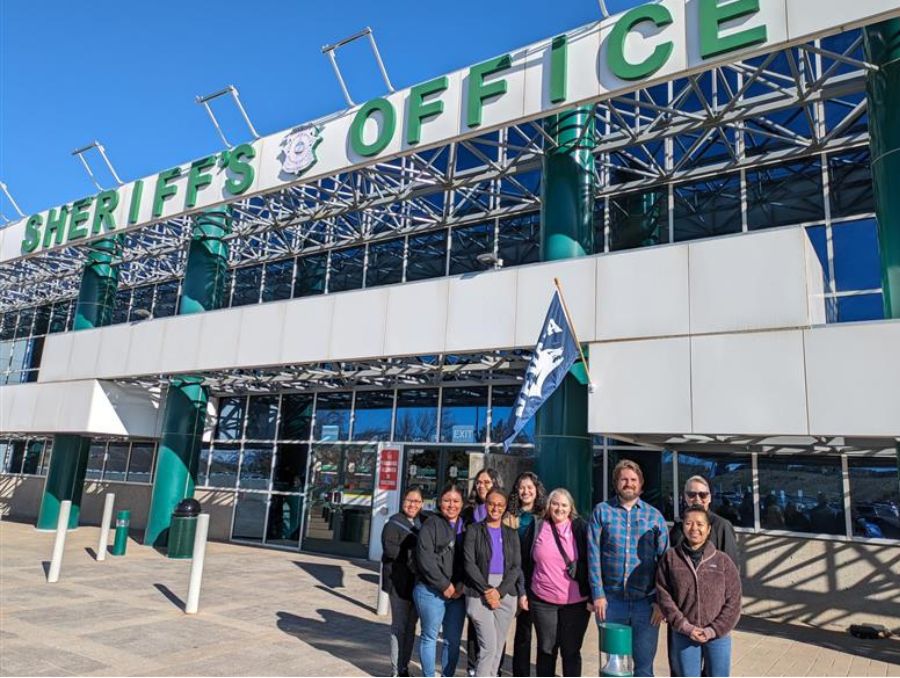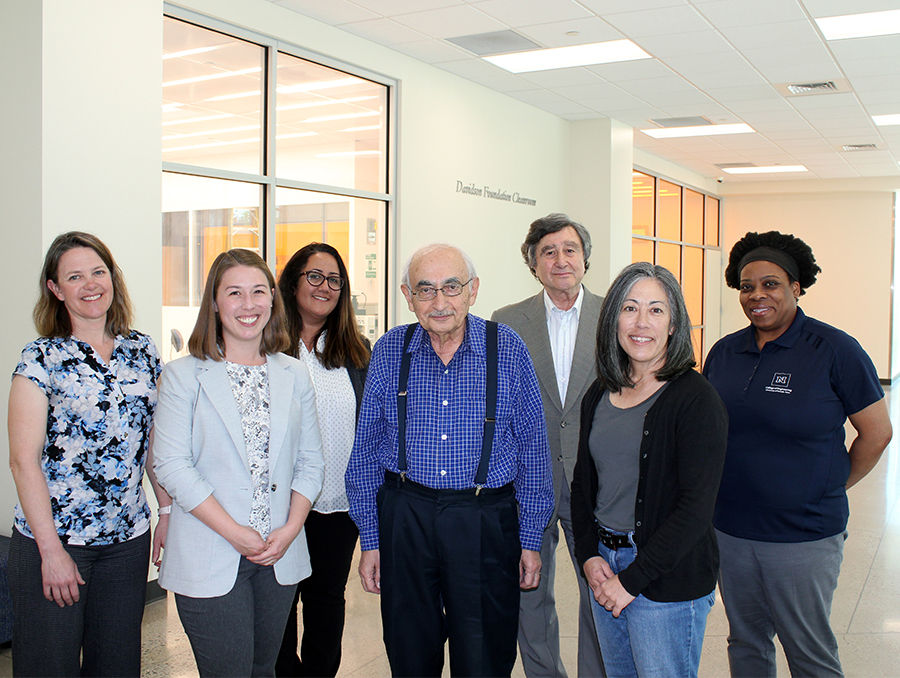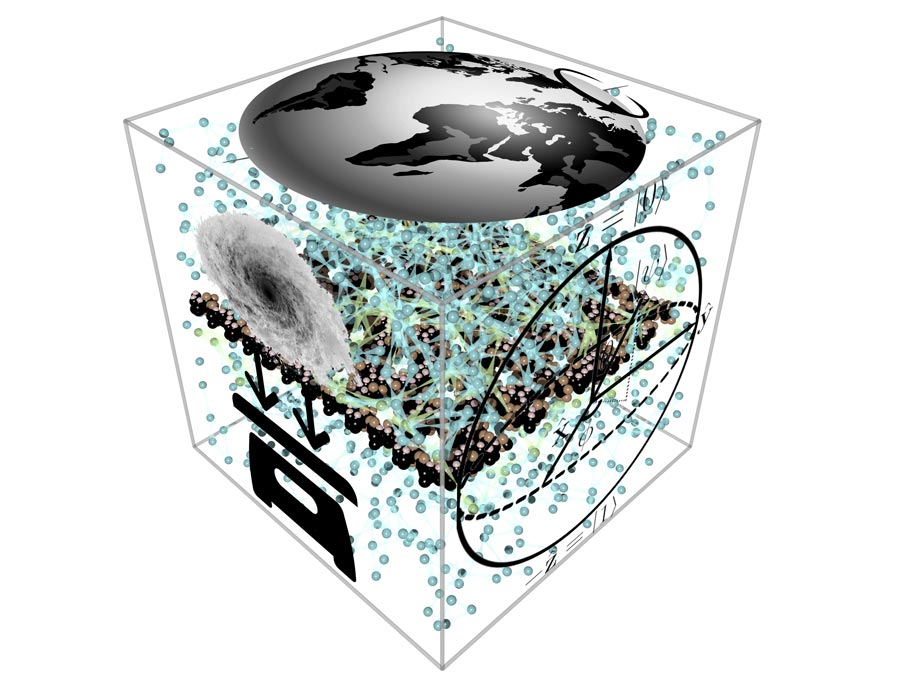Mechanical engineering professor Miles Greiner will be receiving a $745,000 U.S. Department of Energy grant next month for research on nuclear waste storage technology.
Greiner's grant, part of the DOE's Nuclear Energy University Program that includes 47 research and development projects at universities across the country, is for his project entitled "Development and Experimental Benchmark of Simulations to Predict Used Nuclear Fuel Cladding Temperatures during Drying and Transfer Operations."
The three-year research program will develop and experimentally benchmark computational models of vacuum drying and forced helium dehydration, which are pre-storage drying processes for nuclear waste assemblies. The project will employ an experimental apparatus that was constructed at UNR for earlier DOE-funded research that modeled the heat transfer between a used fuel assemblies and dry storage and transport casks.
Used nuclear fuel is initially stored underwater while its radioactivity and heat generation rates decrease. All moisture must be removed from the assemblies before they are sealed in canisters for on-site dry storage or off-site transport. If certain parts of the waste become too hot during drying, they could break when transported or stored for long periods of time, which is dangerous. The project will develop computational fluid dynamics models of the drying process that will accurately predict the assembly temperature.
The new models will be used by engineers to design drying processes that maintain the fuel assemblies at acceptably low temperatures.
The data from Greiner's research, along with data from his collaborators at the Argonne National Laboratories on cladding limit temperature research, will be used to help evaluate used fuel drying operations that assure the safety of long term dry storage and transport.
The project will also train two doctoral students and one postdoctoral research associate in computational and experimental heat transfer research.
"I'm pretty happy to be able to move forward on this project," Greiner said. "It's work I have wanted to do for a long time, and I have students who will really be able to do this work well."
In a statement earlier this year about the grant, Sen. Harry Reid said, "I am pleased that the University of Nevada, Reno will continue to conduct cutting edge research on nuclear technologies. These investments will prepare Nevada's aspiring scientists and engineers to lead the way improving our economy through science and innovation."











